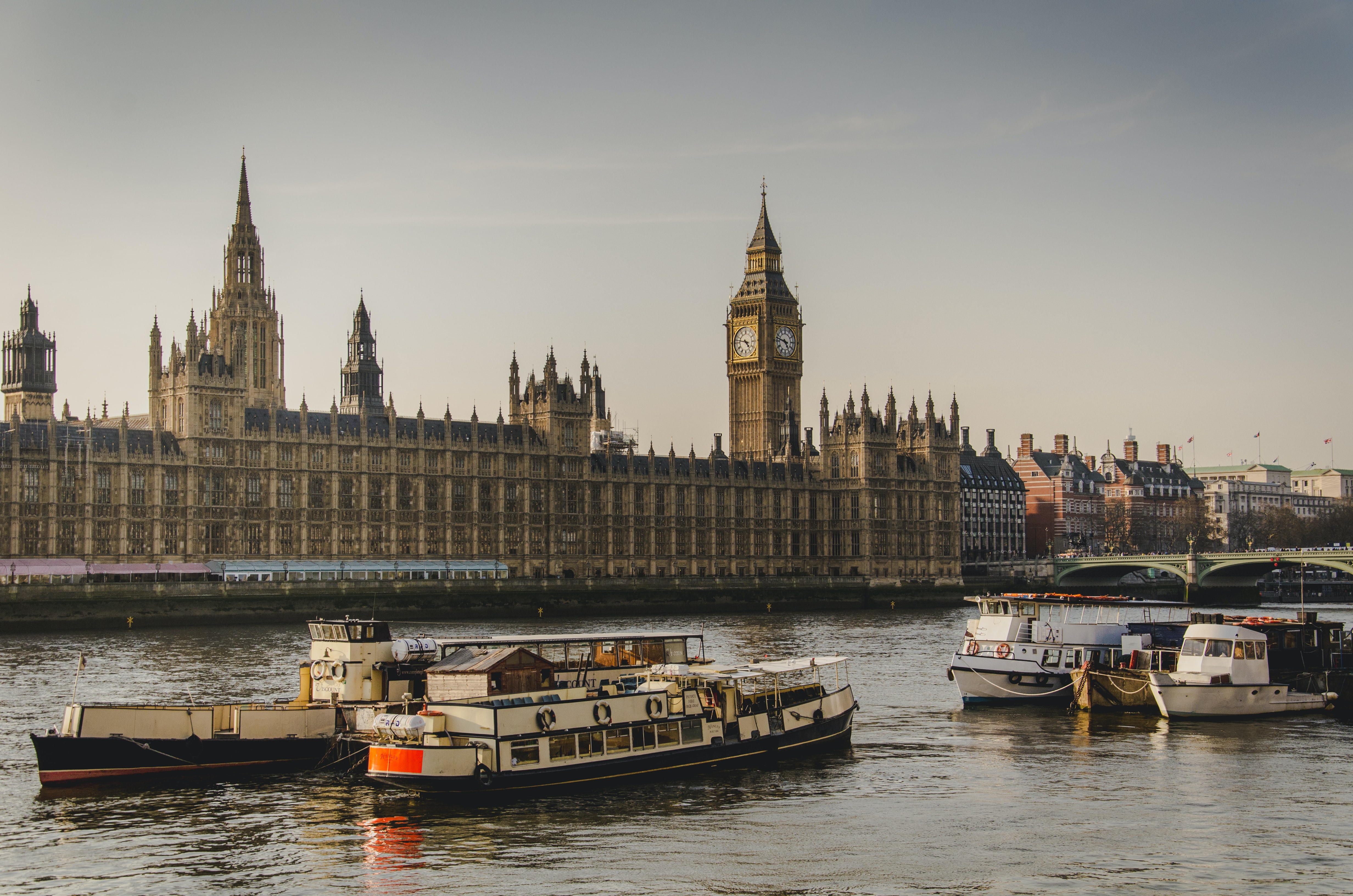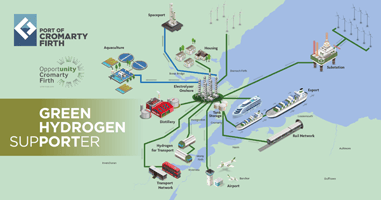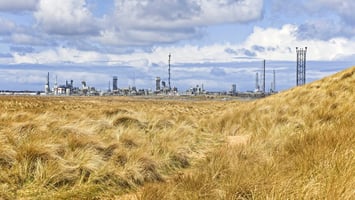New brand underscores need to accelerate industrial decarbonisation as COP 27 begins Storegga, the...
26th October 2022
Storegga has highlighted UK’s skills, special geology, technological know how, strong investor support and mature regulatory framework in race to reach net zero economically.
Storegga, a leading independent UK-based decarbonisation developer, has championed the UK’s unique skills and assets in its recommendations to the government’s ‘net zero review’ led by Chris Skidmore MP.
In its response, Storegga has highlighted the real - at scale - opportunities the country has to meet its net zero legal obligations and establish a green industry for the benefit of the country’s communities and for the economic prospects of generations to come. It has also highlighted the risk posed by global competition, with countries like the US, supported by bold government intervention, catching up and overtaking.
Summarising Storegga’s submission to the net zero review, Steve Murphy, founder of Storegga, commented:
“In a world where politicians regularly remind us of the ‘tough choices’ ahead, we are left with the impression that the climate crisis is never quite today’s priority. The effects of the climate crisis continue to worsen, with shocking excess deaths recorded even in the temperate UK climate this summer. Latest scientific research on ‘tipping points’ in the run up to COP 27 underscores the urgency of the issue. The government’s net zero review could not have come at a more crucial time.
“While the challenge may seem too difficult, the UK is uniquely placed to take it on. We can’t flick a switch to clean energy but we can make large strides forwards in renewable energy sources such as offshore wind. Industry is also working hard to reduce its energy usage, particularly given costs. But we can’t just wait while huge volumes of CO₂ - emitted by strategically important industries - continue to plume into the sky.
“We can and we must act quickly to capture industrial CO₂ while the transition takes effect. We have an amazing asset in the North Sea which can safely and permanently store this CO₂ in porous rocks deep under the sea bed. An asset only Norway can rival in Europe. We have the technical knowledge to do this, and existing infrastructure like pipelines which can be upcycled. This is technology the Norwegians are already deploying. We must catch up or risk losing a valuable export market, which could also serve to lower our own carbon capture costs.”
Murphy went on to comment on the potential for hydrogen in the UK:
“We have fantastic knowledge and skills in clean fuels such as hydrogen. Our own green hydrogen project in Cromarty has both the customers in the local distilleries Diageo, Glenmorangie and Whyte; Mackay, and offshore wind power from Scottish Power. Projects such as these are creating real jobs now, with sustainable bright futures – often in areas where local economies are almost entirely reliant on fossil-fuel dependent industry. The government has a real opportunity to super charge this emerging
clean industry.”
Storegga is also developing Europe’s first large scale direct air capture (DAC) project in Aberdeen. Murphy added:
“There is an international race on to develop CO₂ captured directly from the air. The costs of this emerging technology are high but – much like flat screen televisions – the costs are predicted to come down as the technology develops. The race to progress this technology is understandable as it is one of the few options we have to turn back time on CO₂ emissions: giving us not only the opportunity to remove today’s emissions but even tomorrow’s. The race has also been intensified by the Inflation Reduction Act in the US. With the right regulatory framework to incentivise early adopter businesses - with their own stretching net zero targets - the UK also has the opportunity to have early mover advantage in this important technology.”
Storegga has made six specific policy recommendations to support CCS, hydrogen and DAC:
1. Government should accelerate the Scottish Cluster onto BEIS’ ‘Track 1’ status this year to ensure the project can start to capture CO₂ in the next 5 years.
2. Clarify the Track 2 cluster sequencing process and longer term route to develop a UK CCS and hydrogen industry.
3. Government must deliver the delayed legislation essential to underpin the CCUS and hydrogen business models as soon as possible.
4. Government to fast track the development of a CfD-based businesses model for engineered Greenhouse Gas Removals (GGRs) to support direct air capture, and legislate by 2024.
5. Government to announce plans to use the UK Emissions Trading Scheme (ETS) as a market for high-integrity and permanent engineered GGRs and implement this from 2026.
6. Government should aim to develop international carbon markets when pursuing trade deals to lower costs and create a new export market worth an estimated £5bn per annum.
Storegga’s full consultation response will be available on its website on Thursday 27th October.





